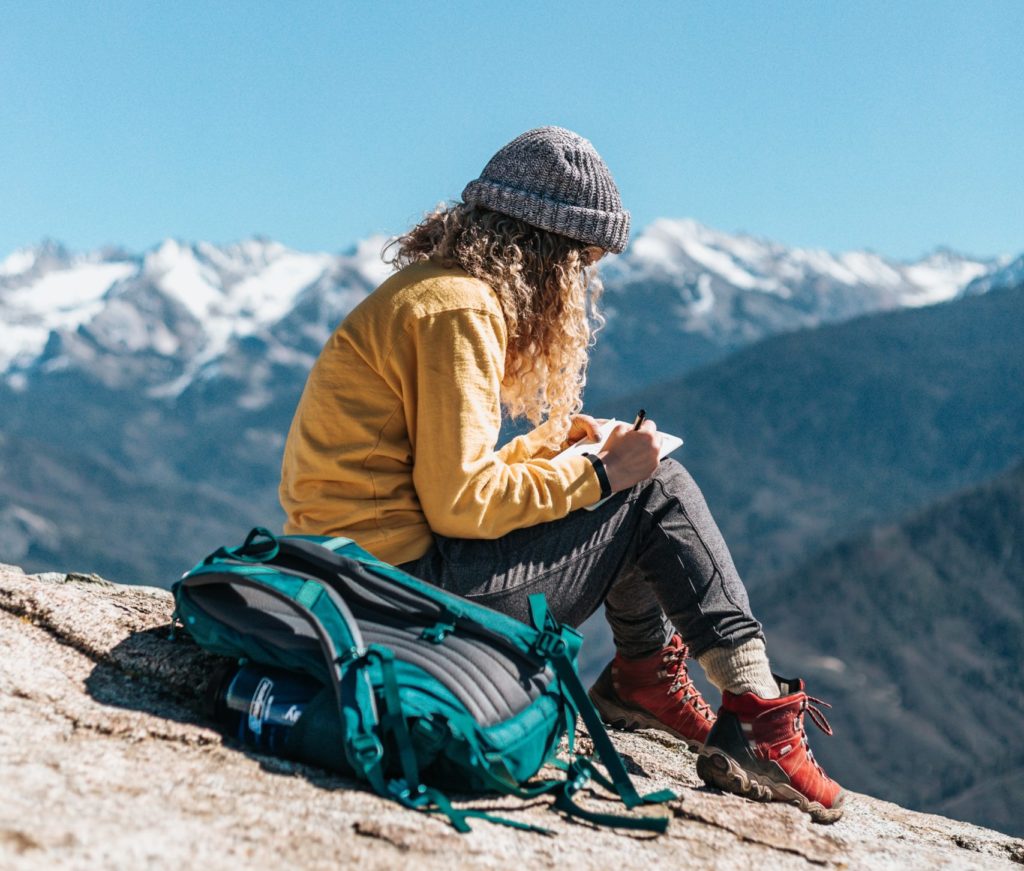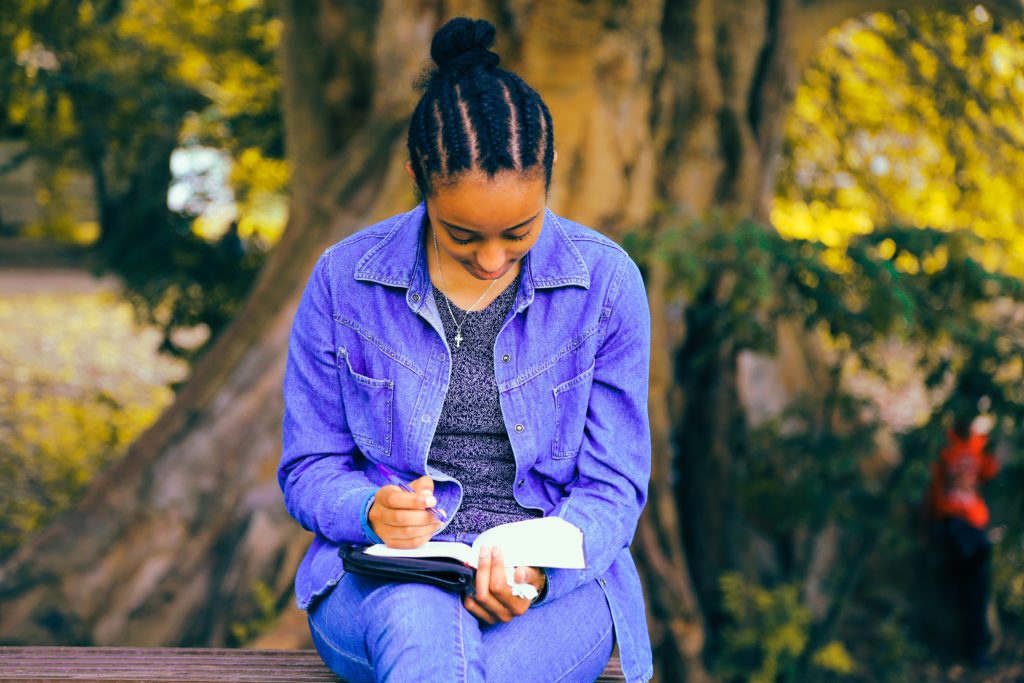I’ve been fortunate to have spent almost every weekend this summer outdoors. Getting out of the house and into fresh air during COVID-19 became a coping mechanism during these uncertain times. Whether it was a day hike or a week-long camping trip, I noticed how good I felt after spending time in nature. Amazingly, that feeling extended even beyond the duration of the trip itself. Upon each return to the “real world” I felt significantly more productive at work and had a greater influx of creative ideas, like new article pitches and even future life directions.
Was this creative boost just a part of my imagination, or is there something measurable going on here?

Studies Show Nature Boosts Creativity
Researchers from the University of Kansas and the University of Utah studied the cognitive effects of exposure to nature by evaluating differences between two groups: those who went on a 4–6 day backpacking trip and those who did not. Both groups completed a Remote Associates Test (RAT) used to measure creative thinking and problem-solving. Findings from the study showed that those who backpacked in nature performed 50% better on creative problem solving tasks than the control group.
In a 2015 Danish study, 17 creative professionals were interviewed and asked questions about their experience with nature and creativity. One of the notable takeaways was that all participants said nature enhanced their creativity. Findings from the research concluded that nature can boost creativity through increased curiosity and open-mindedness.
Of course, further research is needed to replicate these findings and deepen our understanding of the true effects of nature on creativity. But let’s take a second to understand why nature may boost creativity and implications for modern times.

Nature Helps Us Recover from Mental Fatigue
The Information Age lives up to its name. People living in the 21st century have streams of information flowing at us continuously from electronic devices of all sizes: TVs, laptops, cell phones, and wristwatches. But we’re not necessarily adapted for this way of living.
Our brains get tired. In a busy world with constant notifications and distractions vying for our attention, our brain is prone to overwhelm. Ever heard of cognitive fatigue? It’s when our brain uses so many of its resources that it tires out and we become mentally exhausted and feel burned out.
The noise and busyness of city living certainly doesn’t help. While undergoing a common activity in an urban setting such as driving a car, our brains are hit with 11 million bits of information a second, while only 15-20 bits of information are cognitively adapted. This filtering requires a lot of mental energy which can be tiresome. But in nature, there’s less stimuli that our brain has to sort through.
In nature we can rely on our evolved instincts which is less taxing compared to the unnatural city environment where we have to use logical thinking, which can result in stress and fatigue.
With less mental overload, our minds are free to think, discover, and create with new ideas.
Are We Spending Less Time in Nature?
With increasing access to technology and entertainment medias, are we losing our connection to nature? Some evidence seems to say so.
A 2017 study found that over half of U.S. adults spend less than 5 hours a week outside, which is a decline from previous decades. Other data suggest that children today only spend 15-25 minutes outdoors daily. It’s only natural to wonder what impacts this may have on our society’s ability to create and take a mental break.
But these are pre-COVID statistics. I’m curious if the amount of outdoor activity increased in summer 2020 as quarantine and travel restrictions kept people from domestic and international travel. Some anecdotal evidence says yes. In Washington state, park employees are challenged with more clean-up from increased trash and bathroom use as park visits appear to rise.
Getting Outside When You’re Stuck Inside
If you’re a city-dweller like me, the great outdoors might not be very accessible. However, research shows that even spending 15 minutes walking in a city park can be an effective way to receive benefits from nature. You can also bring nature into your home or apartment by listening to nature sounds which has been shown to have a similar soothing effect to the real deal.
Let’s Create
Being in nature gives us the space we need to create. Through stillness our mind takes a break. Instead of scrolling socials and hearing other people’s thoughts, we have the opportunity to hear our own.
I’m currently writing this blog post in the shade of towering trees in a nearby park. Surprisingly, I realized, that this is the first time I’ve written outside. But I enjoy it. When I hit writer’s block I just roll over, put my feet in the grass, and listen to the chirping birds above me.
What could we accomplish if we had more creative energy flowing through our veins?
Also by Lindsay: Will The Coronavirus Push Us To Go Vegan?
Get more like this—Sign up for our daily inspirational newsletter for exclusive content!
__
Photo: Tyler Nix on Unsplash; Gift Habeshaw on Unsplash




